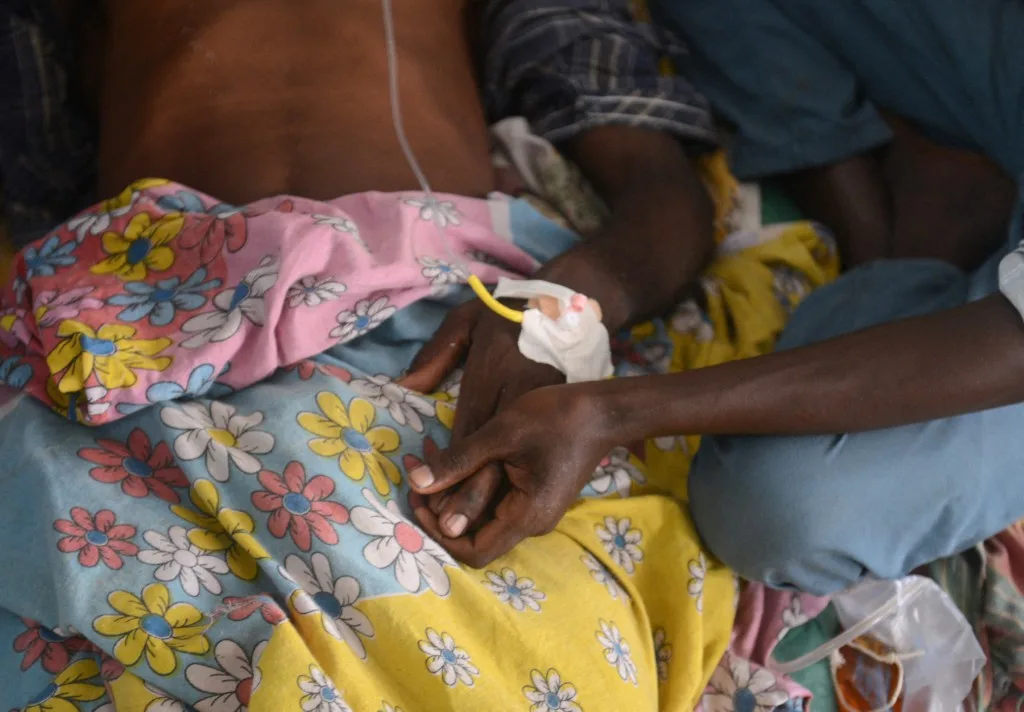Japanese Encephalitis Outbreak: Nepal Faces Crisis Without Vaccine
A dangerous surge in Japanese encephalitis (JE) is causing fatalities in Nepal, raising serious concerns as the nation lacks sufficient vaccine supplies to combat the outbreak. This escalating health crisis demands immediate attention and action to protect vulnerable populations.
The Growing Threat of Japanese Encephalitis
Japanese encephalitis is a mosquito-borne viral disease that affects the brain. It’s prevalent in many parts of Asia, and Nepal is now grappling with a significant increase in cases. The disease can lead to severe complications, including death or long-term neurological damage, particularly in children.
Nepal’s Vaccine Shortage: A Critical Gap
The absence of an adequate vaccine supply in Nepal is a major obstacle in controlling the spread of JE. Vaccines are a crucial preventive measure, and the shortage leaves a large portion of the population at risk. Urgent efforts are needed to secure and distribute vaccines to high-risk areas.
Who is at Risk?
- Children under the age of 15
- Individuals living in rural areas with rice paddies and irrigation systems, which are breeding grounds for mosquitoes
- Those who have not been vaccinated against JE
Preventive Measures and Community Awareness
In the absence of widespread vaccination, preventive measures are vital. These include:
- Using mosquito repellents, especially during peak mosquito activity times (dawn and dusk)
- Wearing long-sleeved clothing and pants to minimize skin exposure
- Ensuring mosquito nets are used, particularly while sleeping
- Eliminating mosquito breeding sites around homes and communities by draining stagnant water
Call for Action: Addressing the Urgent Need
The situation calls for a coordinated response from the Nepalese government, international health organizations, and local communities. Key actions include:
- Securing an adequate supply of JE vaccines
- Implementing widespread vaccination campaigns, prioritizing high-risk areas and age groups
- Strengthening disease surveillance and monitoring
- Enhancing public awareness about JE prevention
- Improving access to timely diagnosis and treatment
Final Words
The surge in Japanese encephalitis cases in Nepal, coupled with the lack of vaccines, presents a formidable public health challenge. A comprehensive strategy focusing on prevention, vaccination, and community engagement is essential to protect lives and prevent further spread of this debilitating disease. The health and well-being of the Nepalese people depend on swift and decisive action.




+ There are no comments
Add yours